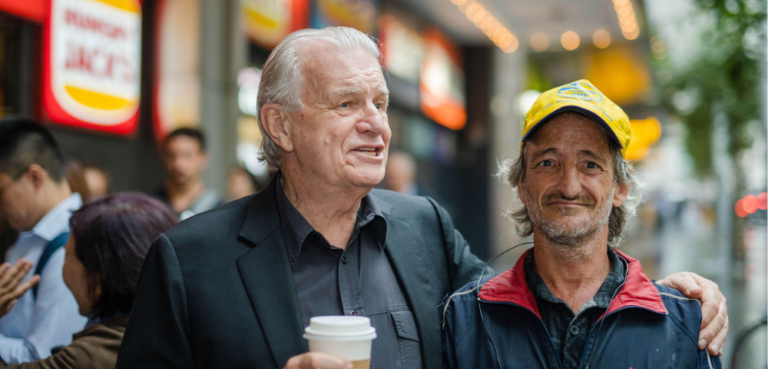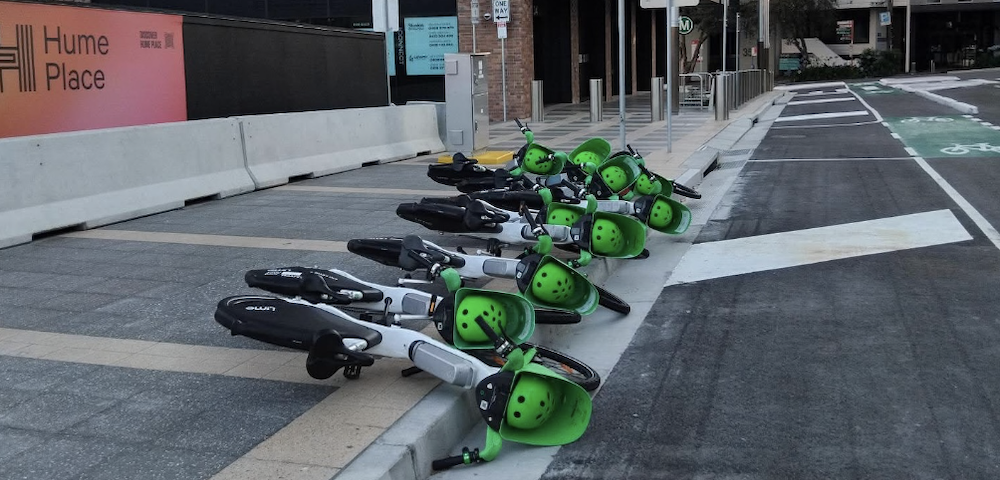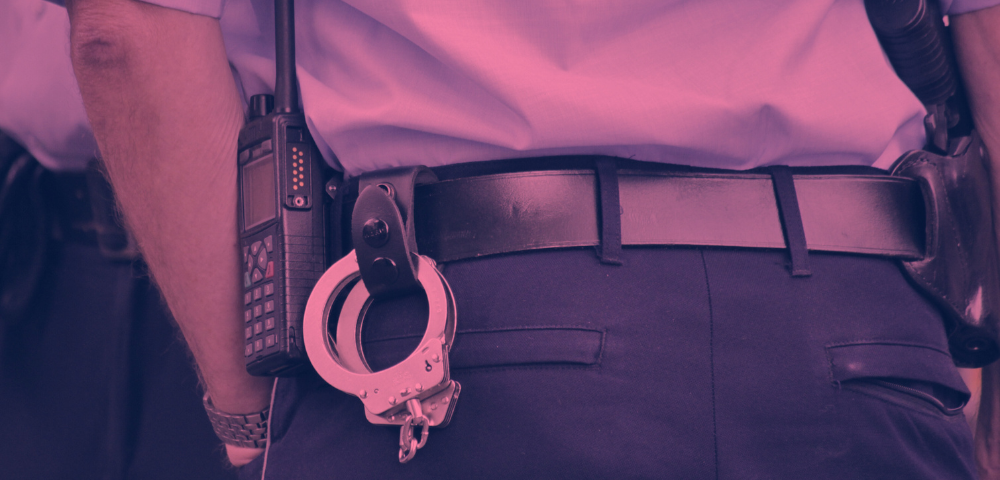
Proposal To Ban On E-Bikes From Trains Draws Criticism

E-bikes and scooters might be temporarily banned on trains over safety concerns, a proposal which has proven contentious.
Transport for NSW announced on 13 August that it was considering a temporary ban after a series of incidents in Australia and overseas, including a fire on a Melbourne train. Also mentioned by the agency was a fire inside a lift at Blacktown station in April, likewise caused by a lithium-ion battery.
The agency said that the prohibition, if applied, would cover electric bicycles, scooters and skateboards powered by lithium-ion batteries. It would be enforced on Sydney Trains, Sydney Metro and NSW Trainlink trains, and at railway stations. According to the agency, these services are at greater risk due to the tunnelled and underground sections of the railway network.
Light rail services, as well as buses and ferries, would not be subject to the ban, owing to “mitigating risk factors” including a “greater ability” to quickly evacuate passengers.
The ban, if implemented, will not extend to mobility aids such as electric wheelchairs or “traditional” mobility scooters.
New South Wales is presently drafting new regulations for electric bikes and scooters. Alongside Victoria, the state has written to the Commonwealth Government seeking for it to regulate the import, sale and use of the devices. Transport for NSW inferred that regulatory changes would see the ban rescinded, stating that the devices will play an “increasingly important” role going forward.
Over 180 lithium-ion battery fires have been reported by Fire and Rescue NSW this year.
Safety is “number one priority”
Transport minister John Graham noted the proliferation of electric bikes and scooters, of which there are now more than 1.3 million in the state. He said that finding a way to mitigate the risk of fires on board trains was vital.
“The risk of a lithium battery fire on a train in a tunnel or in an underground station is very concerning, and the safety of our passengers and staff is our number one priority,” the minister remarked.
“This consultation will help us understand how these devices are being used and guide our response, so we can mitigate the fire risk and minimise the disruption to e-bike users.”
“We recognise the popularity of e-bikes and e-scooters, and the increasing role they’ll play in our transport network, which is why we’re working with our Federal counterparts to improve standards as well as drafting our own legislation to make e-bikes and e-scooters safer.”
Transport for NSW secretary Josh Murray acknowledged that a temporary ban “would disrupt travel for some passengers,” saying that the agency was “committed to working with industry and rider groups to reduce the impact.”
“Our safety rules need to keep pace with this rapidly evolving and popular technology.”
Better regulation beats ban, advocates say
EcoTransit Sydney is an advocacy group which seeks to promote public transport, walking and cycling. Speaking to City Hub, secretary Roydon Ng expressed the group’s opposition to the proposed temporary ban.
Ng said that “better regulation and compliance for safety, rather than a blanket ban,” is needed. He stated that ongoing encouragement of e-bike usage as well as walking and traditional cycling is necessary in order to reduce dependency on private motor vehicles.
“With every rollout of a new technology, it needs to be accompanied by an education and awareness campaign encouraging safe usage” of the devices, he said.
“A bit of regulation and enforcement of compliance safety standards is better than a blanket ban.”
Ng told City Hub that the group would support more investment to ensure devices comply with legal standards, but declined to comment on how those standards might be enforced.
Ban would “severely restrict” workers’ pay
Low-wage workers including couriers and food delivery drivers often rely on e-bikes during their runs. The Transport Workers’ Union, which represents these workers, is critical of the proposal.
The union was unable to respond to City Hub’s request for comment. However, state secretary Richard Olsen recently told The Sydney Morning Herald that ‘gig workers’ are “already among the most exploited workers in this country, under deadly pressure to work long hours and take risks on the road just to make a living.”
“A ban of e-bikes on public transport would severely restrict these workers’ earnings and worsen fatigue risks,” Olsen remarked.
The general public can submit feedback on the proposal until Wednesday 3 September.









